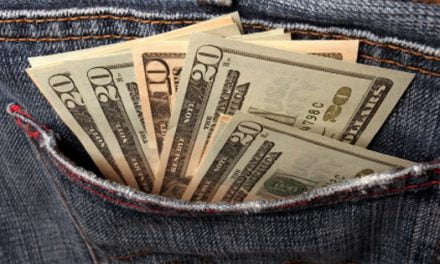On March 18, 2020, the Department of Housing and Urban Development (HUD) announced a temporary halt to evictions and foreclosures.
The foreclosure moratorium applies to single-family homeowners with mortgages insured by the Federal Housing Administration (FHA). Mortgage servicers are directed to suspend foreclosure actions currently in process and to refrain from beginning new foreclosure actions for the next 60 days. Further, servicers need to halt evictions from FHA-insured single-family homes.
Servicers are encouraged to continue to offer loss mitigation measures such as:
- forbearance options;
- mortgage modifications; and
- other mortgage payment relief options.
State actions to halt evictions
Here in California, Governor Newsom authorized local governments to:
- halt renter and homeowner evictions;
- slow foreclosures; and
- protect against utility shutoffs.
However, this authorization does not act as blanket protection. Rather, it encourages local governments to go ahead with their own rules. At the time of this writing, only a handful of local governments have instituted protections from eviction. But, as social distancing — and the accompanying loss of income for so many workers — continues, expect to see more local governments adopt protections to ensure people remain in their homes during this crisis.
Los Angeles tenant protections
For example, in Los Angeles, the City Council has proposed to restrict the eviction of residential tenants and give them up to 12 months to pay back any rents missed during this emergency.
Also in Los Angeles, commercial tenants unable to pay rent due to the impacts of COVID-19 may not be evicted through March 31, 2020. This rule may be extended (and likely will, since scientific reports say social distancing will be required for much longer than just a few weeks to curb the spread of the virus).
To show an inability to pay rent, the commercial tenant needs to show a loss of business income due to:
- a COVID-19 related workplace closure;
- childcare expenses due to school closures;
- health care expenses due to the business owner or a household member being ill with COVID-19; or
- reasonable expenses due to government-ordered emergency measures.
Under one City Council proposal, commercial tenants would have up to three months to pay back rent missed during the COVID-19 emergency.
Los Angeles also announced it will open temporary homeless shelters to get thousands more homeless individuals off the streets.
San Francisco tenant protections
On March 13, 2020, San Francisco’s mayor announced an immediate moratorium on residential evictions due to the financial impacts of COVID-19. To count for the eviction moratorium, the tenant will need to provide documented evidence of:
- loss of income due to a business closure;
- loss of hours or wages;
- layoffs; or
- out-of-pocket medical costs due to COVID-19.
The moratorium will remain in effect for 30 days. However, again, this 30-day length will likely need to be extended as the impacts will continue for several months. Residential tenants will have up to six months to pay back rent not paid during the moratorium.
Like Los Angeles, San Francisco is also putting a temporary halt to commercial tenant evictions. The moratorium applies to San Francisco businesses with annual gross receipts less than $25 million, thus impacting only small and medium businesses. The moratorium lasts for 30 days, though it may be extended by an additional 30 days.
The long view
All of these foreclosure and eviction moratoriums are temporary. But will they last long enough to provide true relief?
Scientists are forecasting social distancing will need to be in place for many months to remain effective. Some are saying Americans will need to wait until a vaccine is released — likely not until 2021 — before they can stop social distancing.
Therefore, we need to view these temporary halts to evictions as short-term emergency measures: good for the next few weeks, but not long-term solutions. Tenants cannot put off rent indefinitely for several reasons. For one, imagine needing to pay back 12 months of rent next year. For the vast majority, that would prove impossible. In the meantime, landlords who depend on tenant rent for their livelihood cannot survive when the rent goes uncollected for several months.
The federal stimulus may solve some of this issue, with checks issued directly to individuals and to small business owners to cover payrolls. In the future, emergency funds may be directed to help renters pay rent, combined with action to freeze rent increases nationwide.
One thing is for certain: a sustainable solution has yet to be issued for the coming months of economic uncertainty.
Stay tuned for our next article covering the impacts of COVID-19, in which we will discuss the potential of a foreclosure crisis.














